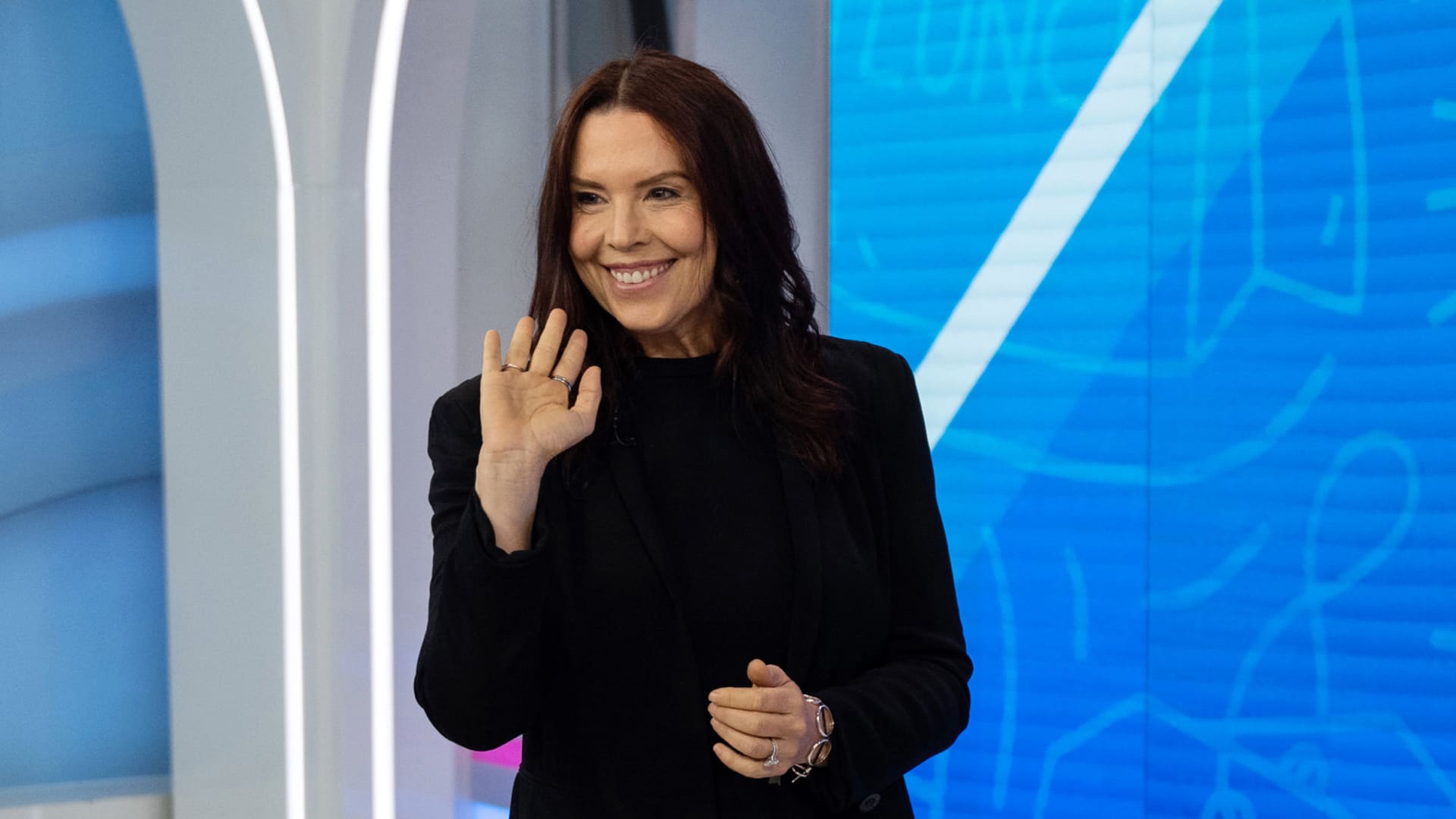Quitting isn’t always a sign of defeat. Highly successful people often know exactly when to give up, according to bestselling author and former professional poker player Annie Duke.
“Grit is great. Sometimes, you see something that other people don’t see,” Duke, a decision-making consultant, recently told the Harvard Business Review’s “On Strategy” podcast. “But sometimes, when the world is yelling at you to stop and you ignore them, that’s no longer a virtue. Then it’s folly.”
People’s fear of quitting stems from two different cognitive biases, Duke added: sunk-cost fallacy and “opportunity cost neglect.”
A sunk-cost fallacy is when you pour a lot of money, effort or time into a project, and then use that as a rationale to keep spending resources — even if there’s reason to believe the project may fail — because you don’t want your initial investments to be wasted.
This can include sticking with projects at work that aren’t profitable, in hopes that one day they will be, or pursuing a major in college that you aren’t passionate about because you don’t want to waste money, Duke explained.
“That’s a fallacy because it’s already spent,” she said. “What really matters is whether the next minute or the next dollar or the next bit of effort that you put into that project is worthwhile.”
Opportunity cost neglect is when “the foregone benefit of options not chosen,” according to a 2020 study in the Journal of Economic Behavior and Organization. Simply put, people have a hard time seeing the good that can come from changing the way they do things.
Duke sees this issue in her role as a corporate consultant, she said: Her clients will avoid firing underperforming employees because they’re scared the next person they hire will be even worse.
“What they neglect is the gains,” Duke said. “One of the things that I try to do with them is: I say, “Well, imagine that you did let this person go and there was nobody in the role? Would it be better or worse?””
Learning to not be change-averse can take time. Instead of thinking about decisions as “right” or “wrong,” Duke recommends observing your decision-making process in the moment, so you can study and learn from it later.
“It’s about thinking explicitly about what path is going to be more likely to help you achieve your goals,” she said. “When you do this, you can actually write those things down … What was I thinking at the time? Why did I choose the path that I chose? And now it’s much easier to learn from that.”
Of course, giving up isn’t always the right move. You just need to learn how to recognize moments when you’re being overly stubborn, said Duke.
Amazon founder Jeff Bezos, for example, has previously spoken about the value of persistence to success — as long as you learn something useful from every failure. He referenced Amazon Game Studios, which finally had its first hit release in 2021 after years of struggles.
“After many failures and setbacks in gaming we have a success,” Bezos wrote on Twitter at the time. “So proud of the team for the persistence. View setbacks as helpful obstacles that drive learning. Whatever your goals are, don’t give up no matter how hard it gets.”
DON’T MISS: Want to be smarter and more successful with your money, work & life? Sign up for our new newsletter!
Get CNBC’s free Warren Buffett Guide to Investing, which distills the billionaire’s No. 1 best piece of advice for regular investors, do’s and don’ts, and three key investing principles into a clear and simple guidebook.
This story originally appeared on CNBC

